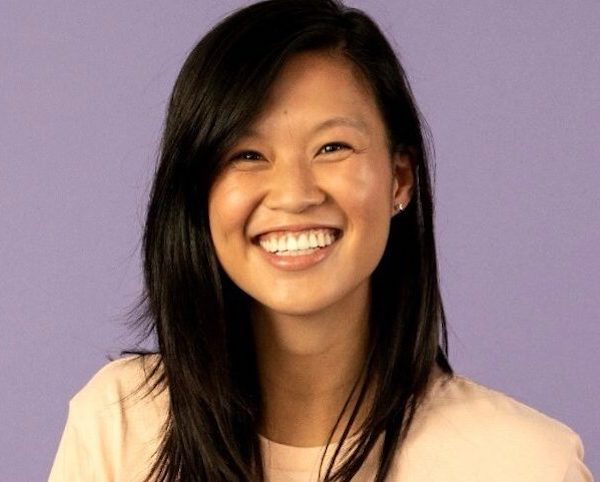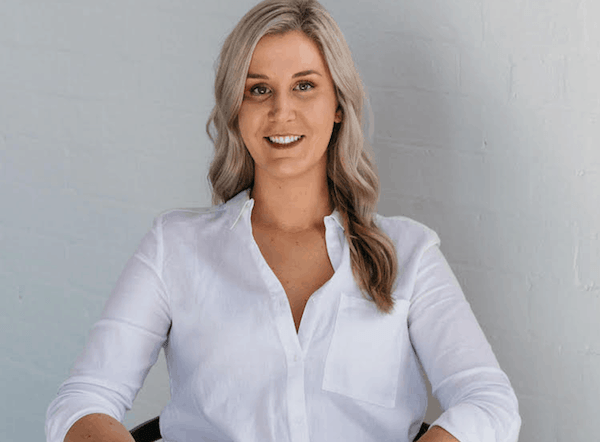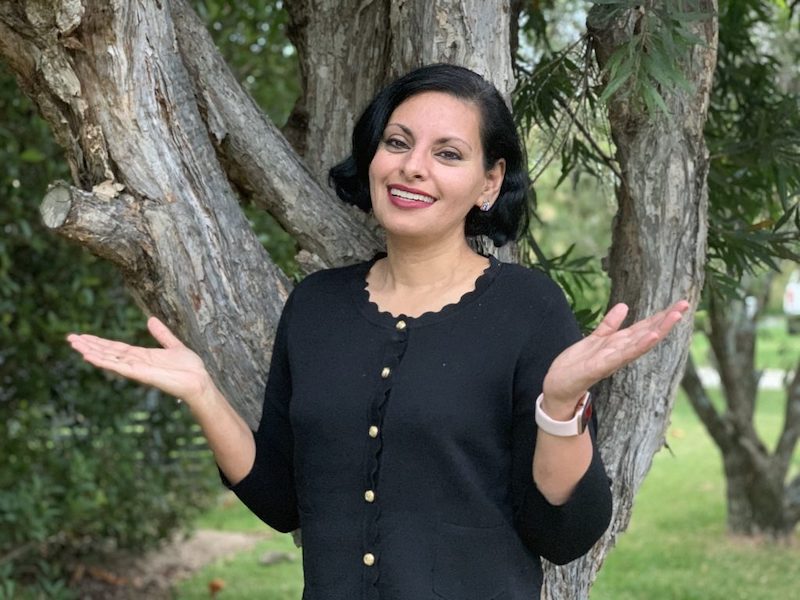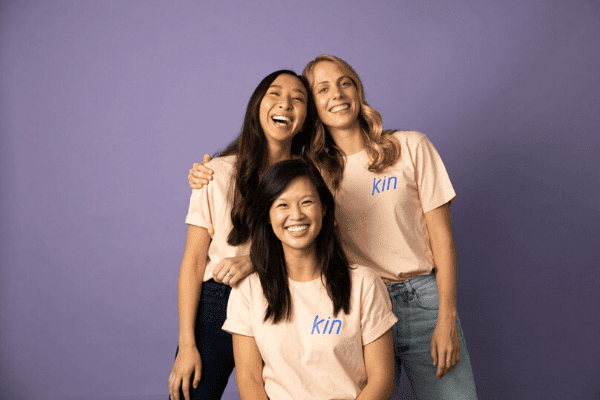My next round of birth control pills is in the post. Less than four hours after signing up for a subscription to the pill through Kin, I shared a couple of online messages with a doctor, received my prescription, and was told the three-month supply was being despatched.
Thank you Kin!
But seriously, this isn’t an advertisement for the Kin.
Rather, I’m using it as an example of how when you invest in women, you also provide actually useful services for women. In this case, you invest in removing some of the hurdles that get in the way of women being able to take back control of their own health.
Even better, you invest in a business with a set market and need, and therefore one that’s likely to offer a great return for your dollars.
Kin is just one example of a great startup in the women’s health space. It was founded by Nicole Liu who left her job at management consulting firm McKinsey & Company at age 25 to create an online medical support network specializing in fertility. She made the move following her own experiences being misdiagnosed with Polycystic Ovary Syndrome — including being told she might be infertile — and finding that she struggled to find good answers to the questions she had about fertility.

Kin is an example of a business that is making women’s lives better, by making things simpler and more streamlined.
There’s also Ovira, founded by Alice Williams, which has created a small electrotherapy device that helps to ease period pain.
Her business raised $1.5 million from Blackbird Ventures last year,
Alice got the idea for the device following her own experience with period symptoms that included blacking out and vomiting. She was later diagnosed with endometriosis and she tried everything to ease the painful periods, but it was only electrotherapy that helped. Thus the idea for the egg-shaped device came about. Electrotherapy is not a new technology, but using it via such a small and low-cost device (with a long-lasting battery) designed for women to use discreetly, is groundbreaking.

And there’s also Rhian Allen’s business, The Healthy Mummy, which she founded while six months pregnant with her first job, selling her house in the process in order to create a weight-loss company for new mothers.
Seven years later, the business secured the backing of equity firm Whiteoak after it acquired a 50% stake in 2017 (enabling Rhian to buy a new house). In 2021, The Healthy Mummy continues to thrive and grow, now selling and distributing multiple products, publishing recipes and fitness videos across a comprehensive app, and cultivating a highly engaged and passionate community of women across social media who share their success stories and support each other.

What’s so different about Healthy Mummy in the saturated nutritional/fitness space? Its key differentiator is that it has emphasized investing in its community across social media — an investment that has paid off, with The Healthy Mummy now boasting a series of incredibly engaged Facebook groups, including 235,000 active users in its key Australian group alone. Rhian has especially focused on ensuring the community stays positive, working with 100 moderators in Australia and across the world to support those participating in these groups, answering questions, offering help and removing content where needed. She doesn’t rely on celebrities or any single influencer in the fitness space, preferring to share stories of women direct from their community.

Another woman filling a void in the women’s health space is Dr Talat Uppal, who I wrote about in 2020 after visiting her new business Women’s Health Road, a fresh kind of health practice that brings multiple commonplace women’s health needs under the one room. That gives you a “streamlined journey” on being supported through your health — and also means you’re not driving or getting public transport around town in order to get what you need for different services (which is especially handy when you’re nine months pregnant!)
We’ve seen and consistently reported on the various research papers that find women-led businesses generate more ROI than those startups created by their male counterparts.
Investors, stop chasing unicorns and start partnering with businesses that make women’s lives easier — businesses that create compelling product and service offerings that women actually want to use, and therefore generate great returns for their investors.


